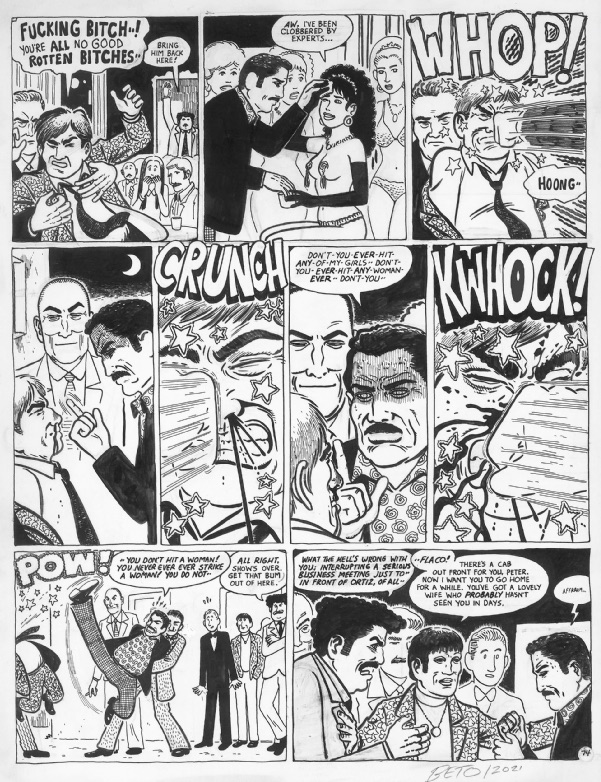Gilbert puts Luba (and us) through the wringer - and takes pains to develop complex new characters along the way, characters deeply implicated in the novel's corrupted cultural landscape. Foremost among these are Luba's mother Maria, a skin-deep beauty whose perfection verges on self-parody, and Luba's husband Peter, within whom chivalrous paternalism (Luba calls him "Daddy") and a ruthless political will vie for position.
These characters are bound by the demands of "business", a bland euphemism for any sort of brutality ratified by political and economic ambition. Violence spreads - sometimes personal, sometimes gauzed over by the language of commerce. Peter, through an elaborate underground economy, helps deal drugs; his young wife, cloistered by Peter's chauvinism, injects them. Deals are made, deferred, consummated; on one of them hinges the fate of Luba's firstborn. Against this savage backdrop, Gilbert highlights moments of unexpected tenderness: characters do things you don't expect, for reasons darkly hinted at but nonetheless persuasive.
Poison River's pages often skip back and forth through time without warning, and stunning revelations come with ease - there are points in the novel where offhand remarks force you to rethink all that has come before. Baroque, fragmented, and serialised at a glacial pace, Poison River proved too tough to follow in magazine format, but, as revised and collected in 1994, stands as a novel of ferocious brilliance.


No comments:
Post a Comment